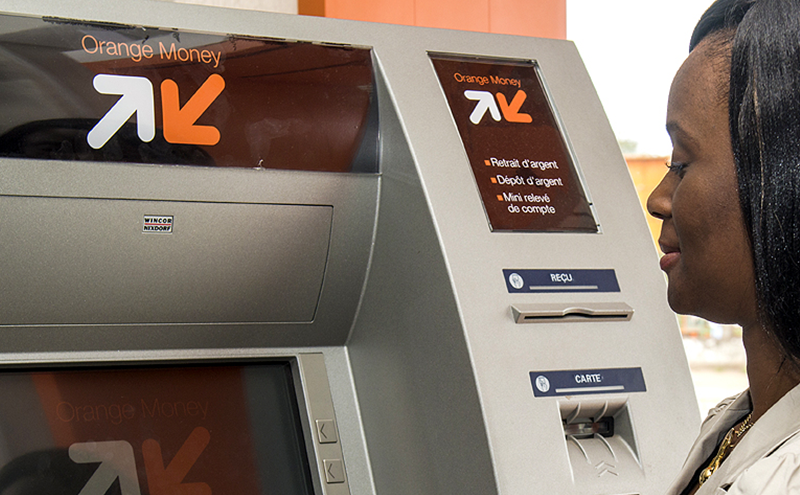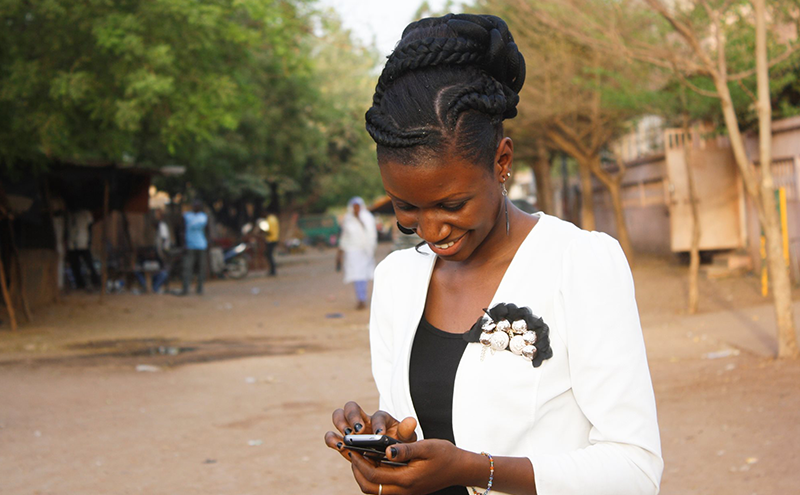
Simplifying life, stimulating the economy
The most critical innovations are not always the most spectacular and their impact is often seen in ordinary everyday activities.
In emerging countries, where few people have a bank account but everyone, or almost everyone, has a telephone, mobile banking is taking off at a phenomenal rate. In Sub-Saharan Africa, between 2012 and 2017, the number of customers was multiplied by 4.5, the number of transactions increased nine-fold and the value of these transactions was multiplied by 12.
Linked to an Orange mobile number, Orange Money enables users to deposit and withdraw money from a vast network of points of sale, send and receive money, and pay bills and purchases from many traders, all via their telephone.

A service that is changing the lives of populations without bank accounts: mobile money eliminates distances, allows users to seize commercial opportunities, reduces fees and risks related to handling cash... For an ever-increasing number of partners, customers and beneficiaries, Orange Money is integrated in companies’ payment methods, interfaces with administrations and is open to the startup and SME/microbusiness ecosystem.
Not just confined to Africa, this powerful catalyst for economic and social development is starting to irrigate our European markets. The solution was launched in Romania in 2016 and can now be used to send money between several European and African countries - real progress, especially for diasporas.
In the new global digital economy, the demonstration provided by Orange Money is just the tip of the iceberg when it comes to innovations that improve populations’ lives in terms of health, education, administration, agriculture or access to energy.
Key figures
2008: launch of Orange Money in Ivory Coast
338 million mobile money customers in Sub-Saharan Africa in 2017 carried out 1.2 billion transactions exchanging a total of US$19.9 billion
At the end of 2017, Orange Money was available in 160,000 points of sale in 17 countries and had 37 million customers, of which 12 million use the service every month
€26 billion exchanged in 2017, of which 500 million were international transfers




